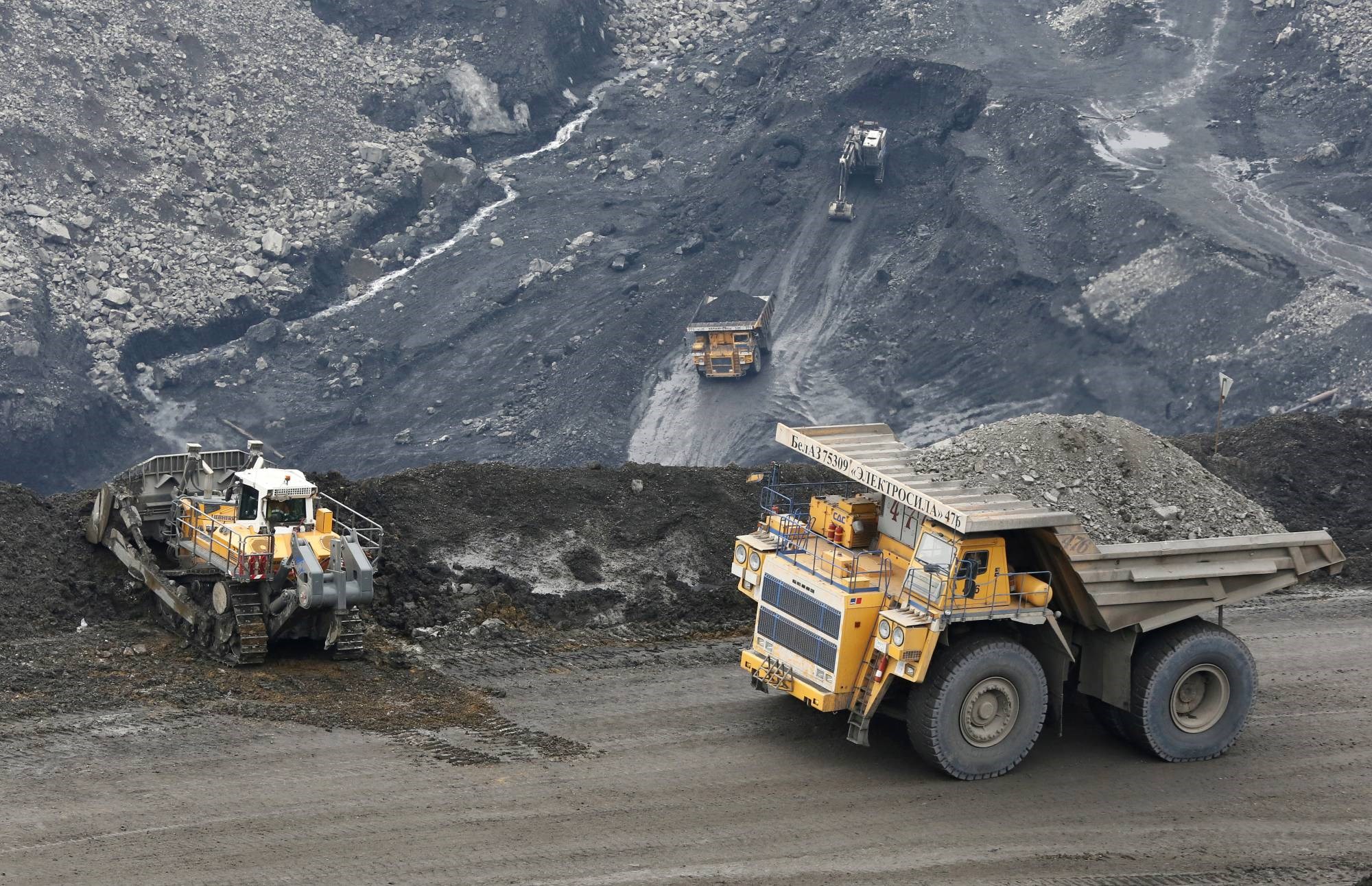India Russian coal purchases surge despite sanctions: Reuters
India is importing more Russian coal and gas despite Western sanctions on Moscow, marking record increases for the country's Russian energy imports.
-

The Chernigovsky opencast colliery, outside the town of Beryozovsky in Siberia, Russia (Reuters)
India has upped its purchases of Russian coal over the past few weeks despite the Western-imposed sanctions on Moscow, with traders offering discounts of up to 30%, two trade sources told Reuters on Monday.
Russia is facing immense sanctions over the Ukraine war, and it had warned the European Union against imposing sanctions on its coal industry, warning that it would backfire and pledging to redirect fuel to other markets.
India, despite many states rushing to condemn and sanction Russia, has refrained from doing so, as Moscow and New Delhi have had longstanding political and security ties. However, it has been calling for a de-escalation of violence in Ukraine.
New Delhi defends its purchases of Russian energy resources as a part of its effort to diversify supplies, explaining that if it were to suddenly halt the supply, the prices would surge, and consumers would take a hit.
US officials have been reassuring India that there was no ban on imports of energy suppliers from Russia, but they underlined that Washington did not want a "rapid acceleration" of imports. Indian buyers, however, have been upping huge quantities of Russian coal despite high freight costs.
The Indian purchases of coal and related products have witnessed a six-fold year-on-year increase in the last three weeks, reaching $331.17 million.
Similarly, Indian refiners have also upped their imports of Russian oil rendered cheap by sanctions on Moscow, marking a 31-fold year-on-year increase, reaching $2.22 billion, data showed.
India bought an average of $16.55 million of Russian coal a day in the three weeks through Wednesday, more than double the $7.71 million it bought in the three months after the Ukraine war started on February 24.
Over the past 20-day period, Indian oil purchases averaged $110.86 million a day, more than three-fold the $31.16 million it spent in the first three months since the start of the Ukraine war.
Oil purchases averaged $110.86 million a day in the 20-day period, more than triple the $31.16 million it spent in the three months ended May 26.
Meanwhile, the US and European Union are bearing the brunt of the anti-Russian sanctions, with many countries facing high energy prices due to the cutoff of Russian energy resources.
France had not received any natural gas from Russia via pipeline since June 15, according to network operator GRTgaz, after Russian energy giant Gazprom announced this week that it would reduce deliveries to Europe.
Since France adopted packages of sanctions against Russia, it has increased pipeline gas imports from Spain while also increasing purchases of liquefied natural gas (LNG) delivered by ship.
In the US, on the other hand, gas prices have been gradually climbing over the previous couple of months, and this current milestone represents the 15th consecutive day that the AAA gauge has reached a new high. Oil prices reached $5 a gallon on average throughout the United States.
In response to the Ukraine war, the US and its allies have rolled out comprehensive sanctions, including restrictions on the Russian central bank, export control measures, SWIFT cutoff for select banks, and closure of airspace to all Russian flights. Many of their companies have suspended their Russian operations.

 3 Min Read
3 Min Read








